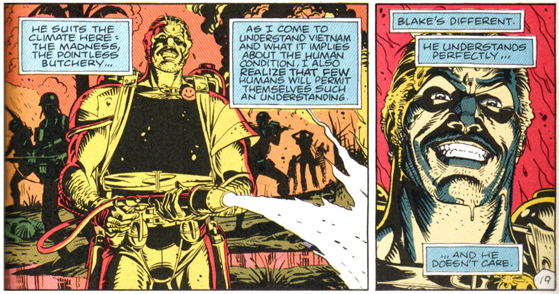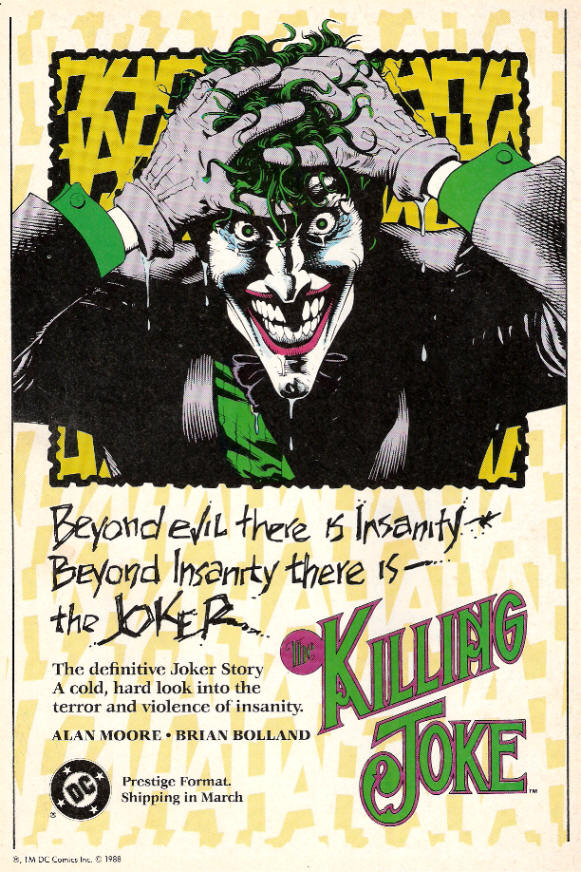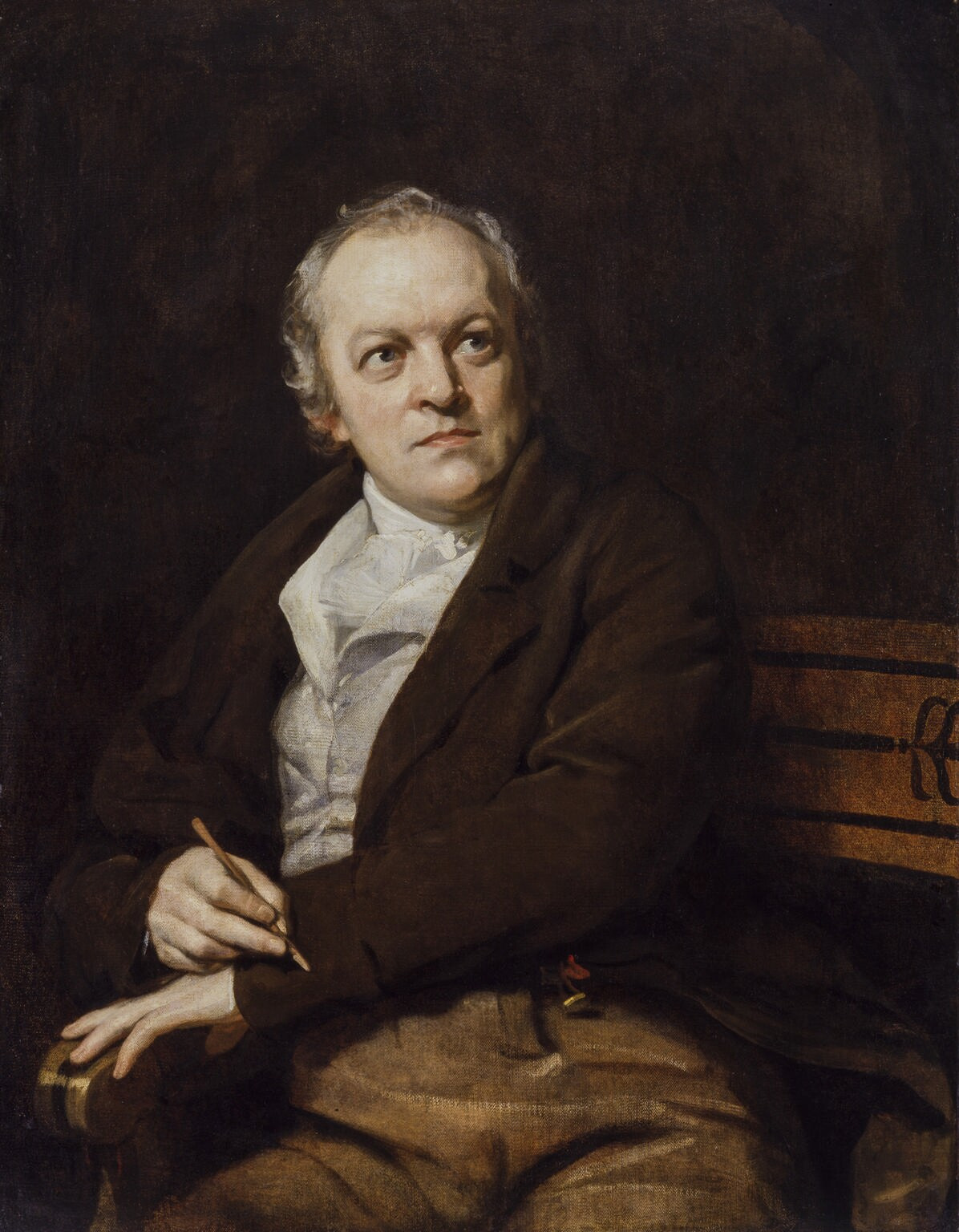One of my big projects of the last couple of years (ever since picking Big Al's League of Extraordinary Gentlemen series back up in 2008) has been exploring the roots of modern speculative fiction, and one of the best resources for this has been looking at the list of books in Lin Carter's Ballantine Adult Fantasy series.
The short version of the BAF story (as short a version as I know how to tell, anyway): in the 1960s, Ballantine Books founders Ian and Betty Ballantine noted the rise in popularity of J.R.R. Tolkien's Middle-earth series of books (it would be hard not to, with every third baby boomer picking up a complete set) and, deciding that classic fantasy was the current "thing", hired the aforementioned Mr. Carter to edit a new imprint for them featuring the genre.
Now, Carter may not have been much of a fictionist (that's a little unfair of me, as the only fiction of his that I've read have been his Conan pastiches - perhaps there are some Carter fans out there that can inform me of some masterpiece of his I've missed out on), but the guy sure knew his fantasy. Given pretty much carte blanche to publish whatever he saw fit, Carter brought out classic after classic by Lord Dunsany, James Branch Cabell, the amazing Clark Ashton Smith, and many other forgotten fantasy masters, presumably blowing many a hippie's and/or erstwhile Shire-dweller's mind.
The concluding irony? A series that was probably at least in part created to "cash in" on the then-current craze for fantasy fiction ended up barely in the black. No matter. A number of great authors' works were rescued from oblivion; all parties involved came as close as any published series ever has to establishing a fantasy canon (although the later Fantasy Masterworks series also does a fine job), and the Ballantines and Carter now, no doubt, have the great Dharmacakra tilting in their favor.

The original BAF logo (courtesy SF Bookworm)
BAF On The Web
There are several good sources for info on the BAF series on the web. The best by far that I've found is this gorgeous gallery of scans at skwimshmi.com. The Wikipedia article on the series is quite informative (you knew I'd get that one in there, didn't you?), and you can preview the likes of the Carter-edited anthology Discoveries In Fantasy at that other amazing Internet time-devourer, Google Books.



